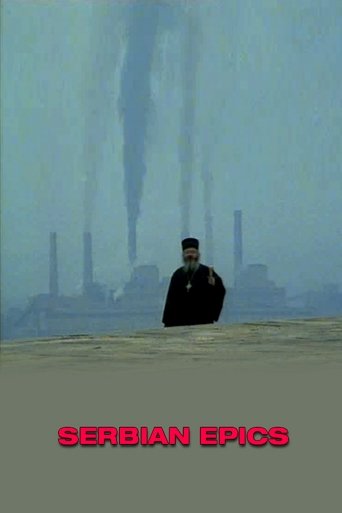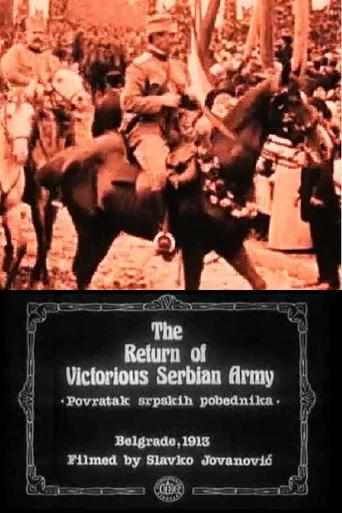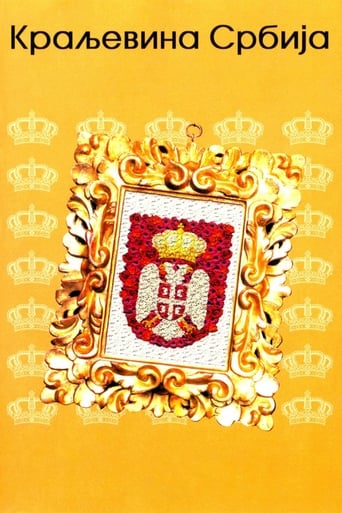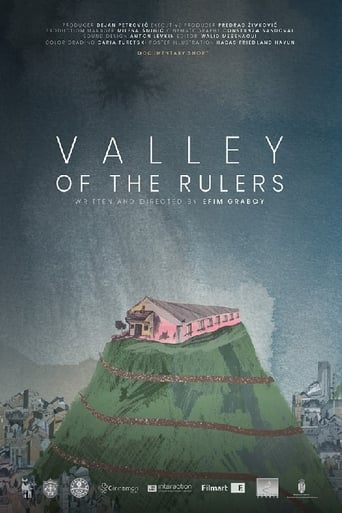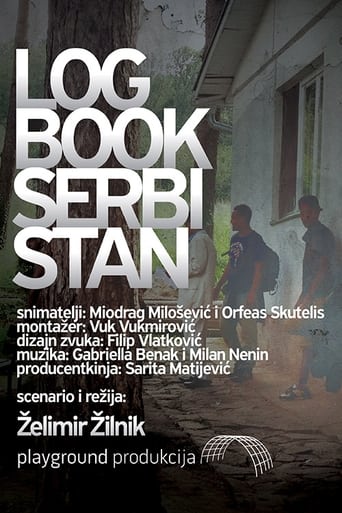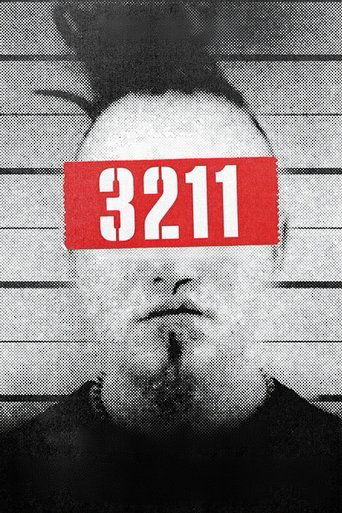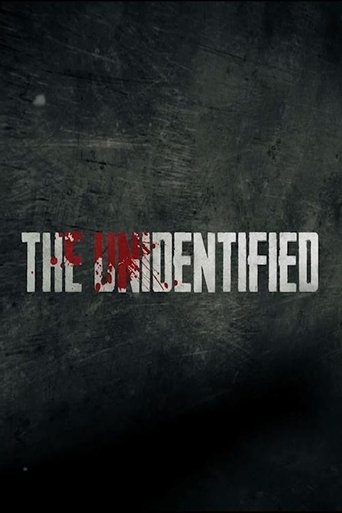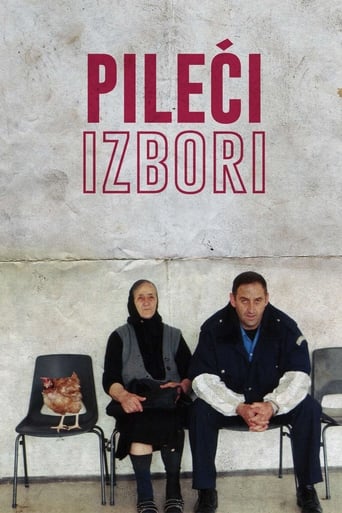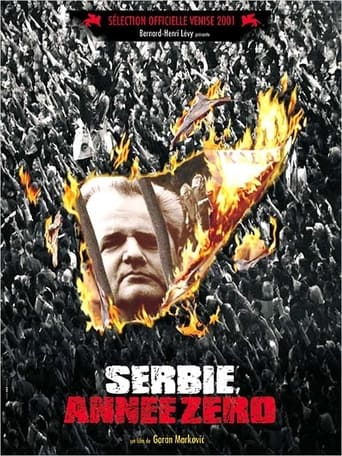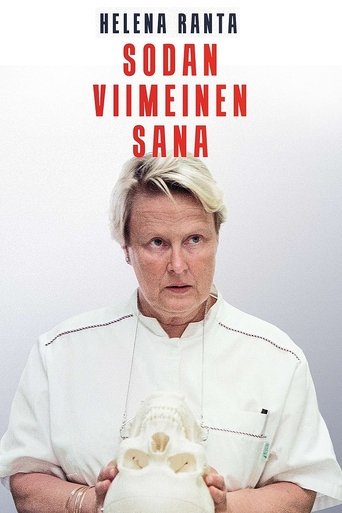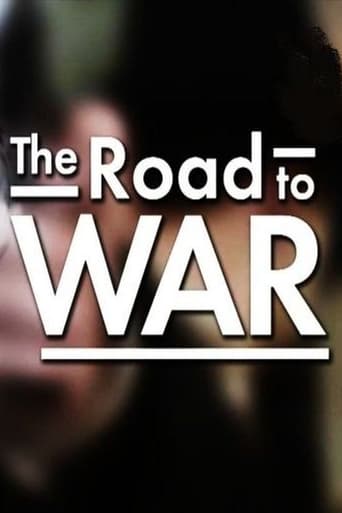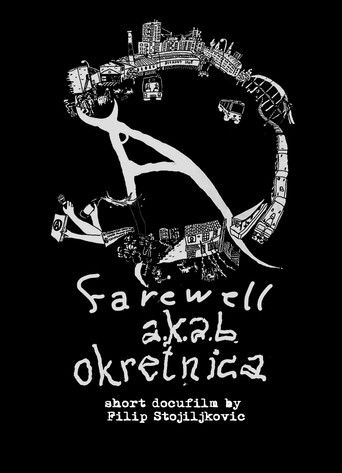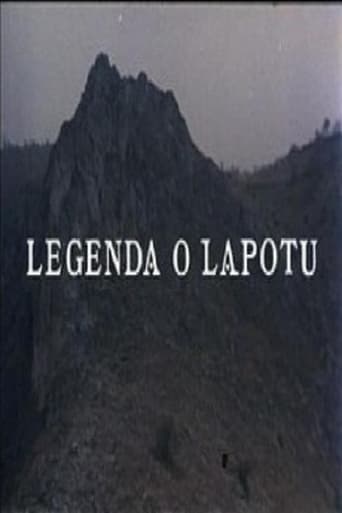Make It Happen
The film features intertwined scenes of young dance troupes' performances and scenes where famous Serbian actors, artists and athletes speak out to young people, in order to inspire them to by their own example to chase after and fulfill their lives' dreams. The 34 minute long film is fast paced and shows different types of dances at several key locations in Belgrade, Serbia. The performances are cut by the interviews with the artists and athletes, addressing the viewer, who talk about their beginnings and the road to success. The third segment of the film are young people, transitioning into adulthood, who talk about what their own dreams are. The idea that the film "Fulfill your dream!" carries is to show young people, through the movie itself, through the testimonies of successful artists and athletes, and finally through the example of the author, that it is possible to start an independent career, thanks to their creativity, ambition and perseverance.
